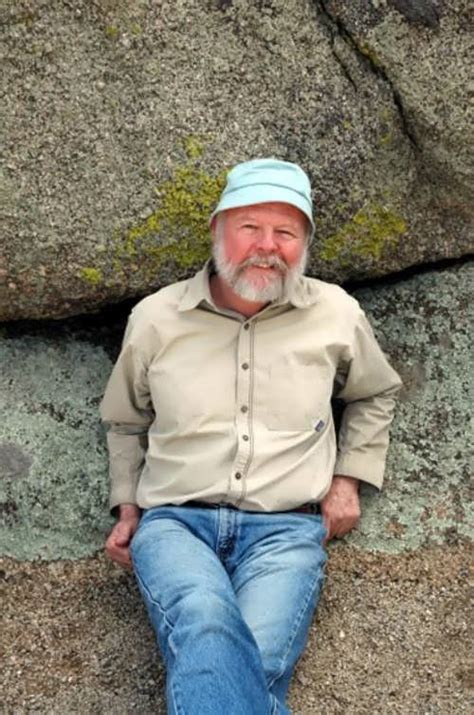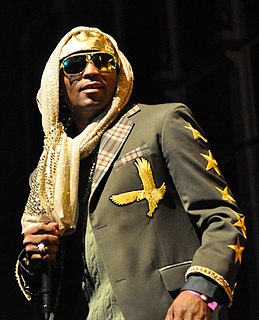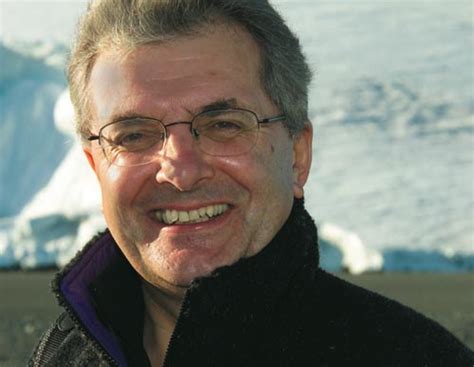A Quote by David Foreman
My three main goals would be to reduce human population to about 100 million worldwide, destroy the industrial infrastructure and see wilderness, with it's full complement of species, returning throughout the world.
Related Quotes
The world saw and understood that, when it comes to the normalization of the Armenian-Turkish relations, they have to deal not just with Armenia with its three million population, but with the ten million Armenians. And let no one ignore the fact that, contrary to any slogans, the Armenian nation is united in its goals and is strong with its sons and daughters.
They [the New World Order] want to reduce the population [to 500 million] and their target date is May 5th of 2000. [.....] The demons who call themselves spirit guides have told them. "You know, you have to reduce the population by May 5th." Because May 5th is Karl Marx's birthday, you know, enter the Age of Aquarius. [.....] I suspect they may use Y2K as an excuse to create some little problems here, we shall have to wait and see.
When President Nixon declared war on drugs on June 17, 1971, about 110 people per 100,000 in the population were incarcerated. Today, we have 2-3 million prisoners: 743 people per 100,000 in the population. The U.S. has 5% of the world's population, but 25% of its prisoners. As Senator Jim Webb once put it, Either we are home to the most evil people on earth or we are doing something different and vastly counterproductive.
When I am at a dinner table, I love to ask everybody, 'How long do you think our species might last?' I've read that the average age of a species, of any species, is about two million years. Is it possible we can have an average life span as a species? And do you picture us two million years more or a million and a half years, or 5,000?
My first goal would be to reduce the perturbation in the carbon cycle. That would mean using carbon neutral sources of energy, and changing our agricultural practices to be less disruptive and polluting. I'm not talking about a policy here so much as changing the way our infrastructure works. That's why I'm so fascinated with changing the way we build cities, because they are the most developed forms of physical infrastructure for human habitation.
I must say that in my own mind, I think what's important is for us, as a society, to radically reduce the consumption of meat. This is more important than some fraction of us become moral saints and become vegetarians so it would be much better if we would reduce meat consumption by three quarters of each of us as an individuals would only eat one-quarter as much meat as we do now then that half of the population should become vegetarian. We should see this as a collective challenge rather than an issue about individual, moral period.
We have a very old conservation movement, particularly in the United States, which has focused on campaigns to protect endangered species: the spotted owl, the old-growth forest. But usually it stops there. To me, biodiversity is the full spectrum. Species conservation is not only about wilderness conservation. It?s also about protecting the livelihood of people even while changing the dominant relationship that humans have had with other species. In India, it?s an economic issue, not just an ecological one.
Although reducing human emissions to the atmosphere is undoubtedly of critical importance, as are any and all measures to reduce the human environmental "footprint", the truth is that the contribution of each individual cannot be reduced to zero... If we believe that the size of the human "footprint" is a serious problem (and there is much evidence for this) then a rational view would be that along with a raft of measures to reduce the footprint per person, the issue of population management must be addressed.






































